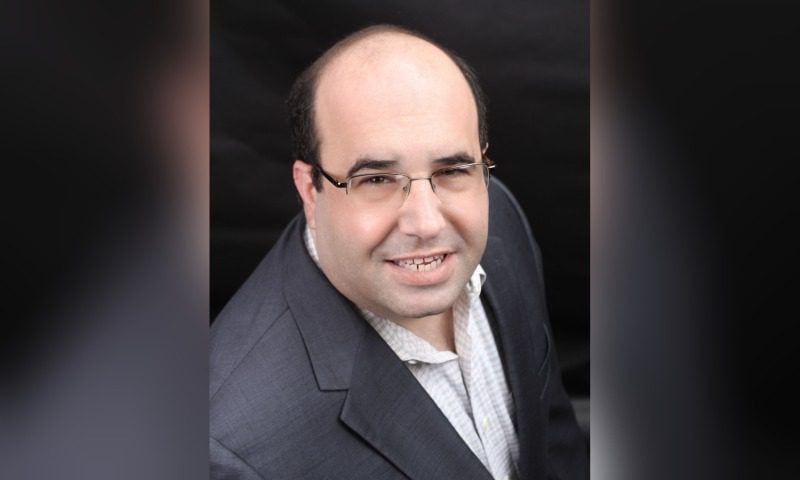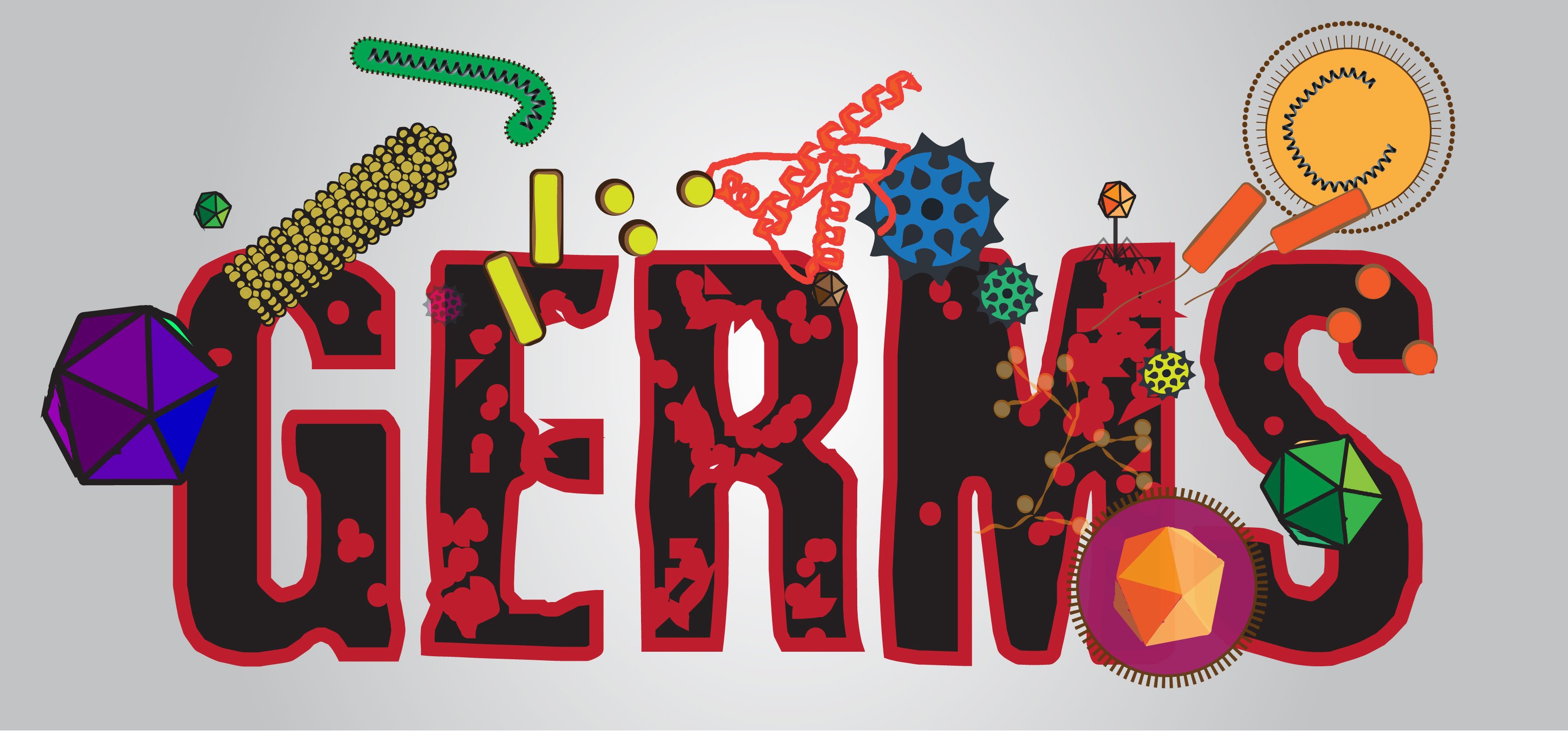The Mahaparinirvana Sutra gives us the parable of the Prince’s Secret Royal Sword – that no one else has ever seen. Only the Royal Family – the Prince and the King himself – know that this precious sword looks...

The Mahaparinirvana Sutra gives us the parable of the Prince’s Secret Royal Sword – that no one else has ever seen. Only the Royal Family – the Prince and the King himself – know that this precious sword looks like. All of the King’s men can only speculate – oh the sword looks like this and this and this – but they describe it all wrong!
This is an analogy of how people in the world – describe who they really are – their Real Self, their True Self all wrong. For example, modern people in our time right now with modern tech and stuff think that our body is our self – but that’s wrong. Our body is not our self. So if people describe their real self as in having a human form – a physical body, made of flesh with 2 eyes, a nose, mouth and 2 arms and 2 legs – that’s wrong because that’s just describing the physical body – it’s not who we really are – it’s not what we really are, it’s not who we really are – it’s not our Real Self, it’s not our True Self. Now that doesn’t mean that we do not have a real self – it just means that our body is not it.
Same with our emotions – oh we get angry – and we say, “I AM angry” – but because you can sit back and observe your anger – therefore the anger is NOT you – it’s something separate from you. Anger comes and anger goes – but THAT WHICH IS AWARE of the anger does not come and go with it. So our emotions are not self either. Our feelings are not the real us – they’re just emotional energies that flow in and out of our minds but are not self.
So how everyday people describe the Self is all wrong. That’s why the Buddha initially taught NOT-SELF. In other words, the Buddha NEVER said that there was no self. But rather, he said that all these things you all are describing are not self. All these things that you guys are pointing to as being your self – ain’t it! These are all things that you mis-take as being your self – so you are taking what is not self for self and you confuse yourselves in all manner of ways. You all keep mis-taking all these impermanent things as being your self – like your body, your emotions, your thought processes – all of these things come and go and are not self.
So here, the Buddha says that our Buddha Nature is our Real Self – our Buddha Nature is our True Self – our Buddha Nature is who we really are.
So all the King’s men – all the soldiers and ministers – all describe the Royal Sword wrong. And so the King says – there’s no such sword in my royal treasury! Meaning -the REAL ROYAL SWORD does not look like how you all described it. It does NOT mean that there is no real royal sword! So here the King is like the Buddha initially teaching not self – these things you all are wrongly describing – there’s no self like that!
In the same way, the Buddha says – the Buddha Nature – your True Self – does NOT look like the 5 skandhas – forms, feelings, thinking, karmic formations and sensory consciousness. There’s no such self like the 5 skandhas! The self doesn’t look like the 5 skandhas at all. But it does look like this – and the Buddha described it when he spoke the Mahaparinirvana Sutra, the day and night before he entered Nirvana.
So here’s the parable of the Prince with the real royal sword who fled the country and eventually came back – from the Mahaparinirvana Sutra:
Bodhisattva Kasyapa said to the Buddha:
“O World-Honoured One! Unholy common mortals possess the nature of common mortals and [yet] say that they possess Self.”
The Buddha said:
“As an example of this:
2 people are friends:
One is a prince, and The other is a poor man.They associate with each other. Then the poor man, on seeing that the Prince possesses a very bright sword, covets it.
The Prince later flees to other countries, taking the sword with him.
The poor man later puts up at the house of another person and, in his sleep, cries out: “The sword! The sword!”

A person nearby hears this and goes to the king. The king says: “You said “sword”. Tell me where it is.”
The person tells of it in detail. “O King! You can cut up my body and cut off my feet, and yet you will not be able to get the sword. I was once on close terms with the Prince. Before, we were together, and I saw it. But I did not touch it. And how could I take it?”
The King asks further: “What was the sword like which you say you saw?”

The man answers: “O Great King! It was like a ram’s horn.”
The King, on hearing this, smiles in amusement and says: “Don’t worry. In all my storehouse, we do not have any such sword. How could you have seen it with the Prince?”
Then the King asks all his ministers: “Have you ever seen a sword of this kind?” So speaking, he dies.
“Then another prince ascends the throne. He also asks the ministers: “Have you ever seen in the governmental storehouse any sword of this kind?”
All the ministers say: “We once saw it.”
“What was the sword like?”
They replied: “It was like a ram’s horn.”
“How could there be any such sword in my storehouse?”
4 kings, one after the other, ask andc heck, but they can not gain it.
“Some time later, the Prince who has fled the country returns and becomes King. On ascending the throne, he asks the ministers: ’Have you ever seen the sword?’
They reply: ’O great King! Its colour was pure, and it was like a nutpala-lotus.’
They also answer: ’It was like the horn of a ram.’
They further reply: ’It was red and like a fireball.’
They answer, too: ’It was like a black serpent.’
Then the King laughs: ’All of you have not, in truth, seen my sword.’
“Noble Son! A Bodhisattva-mahasattva is also like that – he appears in the world and expounds the true nature of the Self. After he has expounded it, he departs, as for example like the prince who takes the wondrous sword and flees to another country.
Foolish ordinary people say, ’Everybody has Self! Everybody has Self”, like the poor man who, lodging at another’s house, cries out, ’The sword! The sword!’
Sravakas and pratyekabuddhas ask people, ’What attributes does the Self have?’, to which they reply, ’I have seen the attributes of the Self – it is the size of a thumb’ or they say, ’It is like[a grain of rice], or ’It is like [a grain of] millet’, or there are some who say, ’It is the Self’s attribute to abide within the heart, burning like the sun’.
In this manner people do not know the nature of the Self, [just] as, for example, the various ministers do not know the nature of the sword.
While a Bodhisattva discourses thus about the quality of the Self, ordinary people do not but impute various false concepts to the Self, just as when asked about the attributes of the sword the [ministers] reply that it is like the horn of a ram.
These ordinary people generate false views in succession from one on to the other. In order to eliminate such false views, the Tathagata reveals and discourses on the non-existence of a self, just as when the prince tells his various ministers that there is no such sword in his treasury.
Noble Son, the True Self that the Tathagata expounds today is called the Buddhadhatu [Buddha-Nature]. This manner of Buddha-dhatu is shown in the Buddha-Dharma with the example of the real sword.
Noble Son, should there be any ordinary person who is able well to expound this, then he [speaks] in accordance with unsurpassed Buddha-Dharma. Should there be anyone who is well able to distinguish this in accordance with what has been expounded regarding it, then you should know that he has the nature of a Bodhisattva.
Source:
The Mahaparinirvana Sutra – Yamamoto Translation






